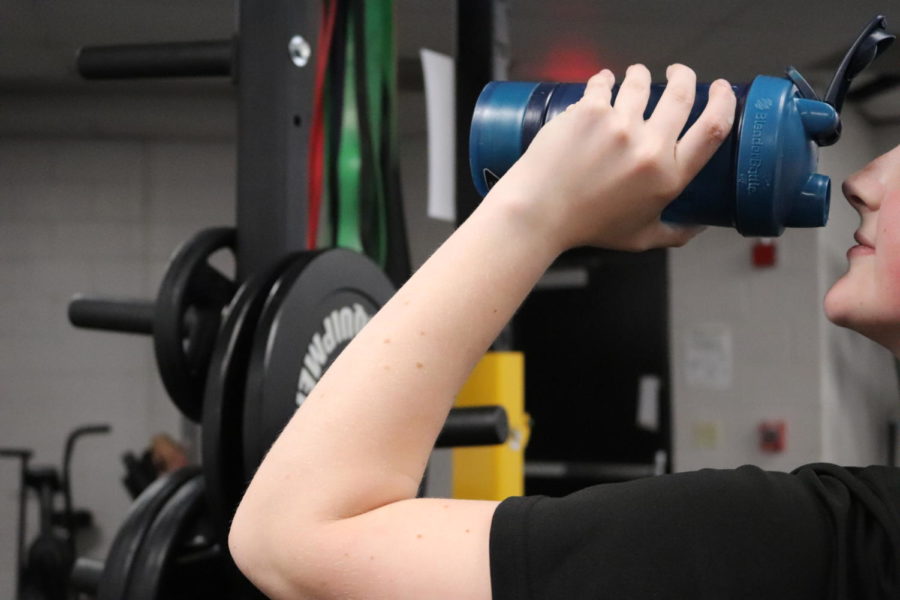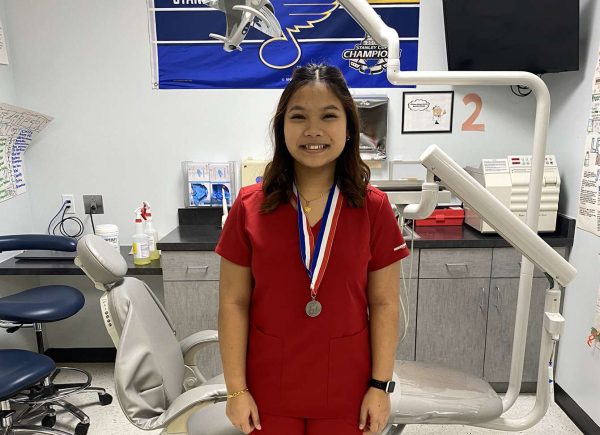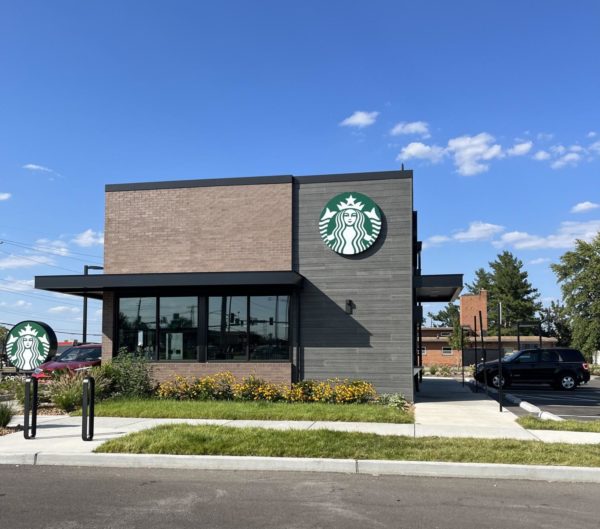Supplement Superboom
Teens add supplements to workouts without considering side effects
It has become trendy recently for teens to use supplements like pre-workout. However, studies show it may not be best for their health.
As going to the gym has become a trendy habit among teens recently, more adolescents may consider taking fitness supplements in order to further their progress in the gym. One of the most popular energy-boosters to supplement a gym-goer’s diet is creatine, a naturally produced amino acid that can also be purchased in a powder form to be mixed with water.
According to the International Society of Sports Medicine, creatine is produced inside the human body and can be consumed in food sources such as red meat and seafood.
In consequence, vegetarians or vegans may benefit from supplementing creatine into their diet through a powder because they do not get it from fish or meat. But what does creatine do?
“Creatine is something that the body uses to make energy in the muscles,” anatomy teacher and former bodybuilder Sarah Guenther said. “That’s why you see people sipping it while they’re working out. It’s not something you would take after your workout like a protein shake or something—it’s something you would want to take while you’re working out, so that it can get into your system, get into your muscles and then it will help give you that quick burst of energy.”
There is no clear research that concludes creatine has any serious adverse effects on one’s body, but most studies have been conducted with adult men.
“It might give you bloating and GI (gastrointestinal) issues and gas and stuff like that, but other than that, it’s not really a terrible thing to do,” Guenther said.
Besides those side effects, dehydration and related issues can result from a creatine user not accounting for the extra water intake needed while supplementing creatine.
According to the National Library of Medicine, “creatine works like a sponge in your body—meaning it sucks water into and around the cells,” which means that although the water stays in the body, if a user does not adjust their water intake for this, they could experience symptoms of dehydration.
But pre-workout is a completely different story.
“Pre-workouts I would say are a no-no,” Guenther said. “Just having a stimulant can really alter your metabolic function over time and can really harm the adolescent body.”
Pre-workouts are supplements used before a workout, most commonly in the form of a powder that should be mixed with water, that provide a boost of energy to get through a workout.
According to Cleveland Clinic, most pre-workout supplements usually contain somewhere from 150 to 300 mg of caffeine per serving—teens should limit their intake to 100 mg per day—and can cause GI issues, like diarrhea, high blood pressure, tingling feelings in your arms and legs and nausea.
For teens, it can be a toss up. Some teens find that pre-workout does the job, but others dislike the feeling that comes with that high dosage of caffeine.
“It feels like you’re dying. Like your heart starts to pump really fast and your anxiety starts to kick up,” Riger Kipler(10).
Among these immediate symptoms, the trend to “dry scoop” pre-workout powder—pouring dry powder into your mouth and eating it instead of dissolving it in water—is especially dangerous.
According to Cleveland Clinic, dry-scooping can lead to aspiration pneumonia, which requires antibiotics to be treated and can cause serious, even fatal complications.
Studies show that using pre-workout can even negatively affect your metabolism for the long term.
“Over time, you can kind of get to where your body adapts to them and needs them and so when you’re not taking them, then you really are crashing when you’re going into your workout,” Guenther said.
While those who are working out may think taking these supplements are beneficial, there is the question of whether a strong stimulant is really necessary.
“Their (teens’) bodies naturally should be able to muster up enough energy to be able to fuel them through a workout,” Guenther said.
Instead of using pre-workout, Guenther recommends that if anyone needs an extra boost for their workout occasionally, a cup of black coffee can do the trick, and you know exactly what you’re putting into your body.
“You should always read all the fine lining,” Guenther said. “And if it’s like a novel, stay away from it.”
Supplements do not have to be regulated by the FDA, so there could be chemicals, additives, dyes and inflammatories hidden in the nutrition facts.
“My philosophy is, if you can get it from the source—like straight from actual food—get it from the source,” Guenther said.
Many gym-goers choose to abstain from supplements; however, this requires a diet that contains lots of protein, carbohydrates and vitamins.
“I’ve just made so much progress without them,” Hailey Ottomeyer (12) said. “I just make sure I eat my carbs and my proteins and make sure I really push myself in the gym. I’m not just doing baby weight.”
Like Ottomeyer, many other girls and young women have found a passion for gaining muscle and becoming physically strong.
“Wanting to have thicker legs and bigger booties never was a thing until recently,” Guenther said, “and now it’s really cool to see that.”
Guenther presents an outlook on the recent hike in teenage interest in fitness that many can assume some long-time gym-goers have as well.
“I love how I’m seeing a lot of kids in there more than normal,” Guenther said. “It’s so neat when you can take this canvas of yourself and focus on a routine and actually build certain muscles, and it’s fun to see.”

I'm Ava, and I am a senior at OHS and the Managing Editor-in-Chief of The Prowl. In my free time, I like to read (especially historical fiction), go shopping,...
















